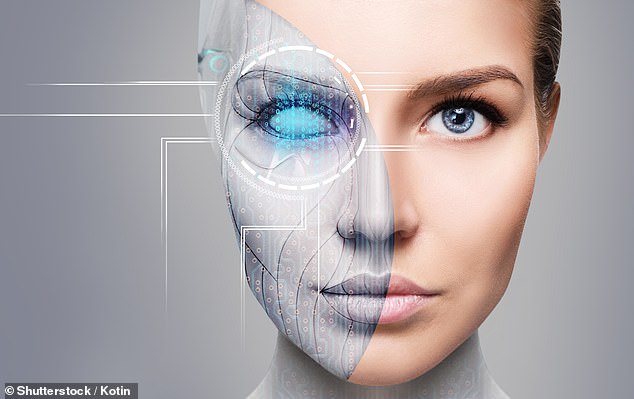
Experts Predict 1,000-Year Human Lifespans Could Become Reality Sooner Than Anticipated
The Future of Immortality: 3 Key Milestones
Could humans soon conquer aging and death? Leading scientists and tech visionaries predict breakthroughs that may redefine life as we know it. Here’s a concise look at their boldest claims.
2050: Eternal Life for the Elite
Futurist Dr. Ian Pearson forecasts that by 2050, the ultra-wealthy could achieve immortality through cutting-edge tech. His vision includes:
- Bioengineered bodies: Genetic tweaks to reverse aging at the cellular level.
- Digital immortality: Uploading consciousness into AI or android bodies.
- 3D-printed organs: Replacing failing body parts with lab-grown alternatives.

Pearson argues that while costs will initially be astronomical, these technologies could become mainstream by the 2060s. “By 2050, it’s for the rich and famous. But those under 40 today will likely access it in their lifetimes,” he claims.
2029: Humans Merge with Machines
Ray Kurzweil, ex-Google engineer and AI pioneer, predicts a radical shift by 2029:
- AI equals human intelligence: Machines match our problem-solving and creativity.
- Brain-cloud interfaces: Devices like Neuralink connect minds to AI, expanding knowledge and memory.
- The “Singularity” by 2045: Humans evolve into cyborgs, blending biology with tech for indefinite lifespans.

“AI won’t replace us—it will become us,” says Kurzweil. His timeline hinges on exponential tech growth, with AI making essentials like food and healthcare cheaper and more accessible.
2050: Aging Becomes a Curable Disease
Biomedical researcher Aubrey de Grey argues that aging is simply “repairable cellular damage.” His roadmap includes:
- Senolytics: Drugs to purge “zombie cells” that cause inflammation and disease.
- Regenerative therapies: Repairing DNA and restoring organ function.
- Longevity escape velocity: Extending life faster than time passes, potentially enabling 1,000-year lifespans.

“We’re at a tipping point,” says de Grey. While full “immortality” remains debated, trials on mice show lifespan extensions up to 35%, hinting at human potential.
The Bigger Picture
These visions share a common thread: technology could soon blur the line between biology and machinery. Whether through AI, gene editing, or mind-uploading, the next 30 years may offer answers to humanity’s oldest question: Can we cheat death?
Key challenges remain—ethics, accessibility, and unintended consequences. But as science races forward, the dream of eternal youth inches closer to reality.

Word count: ~600


